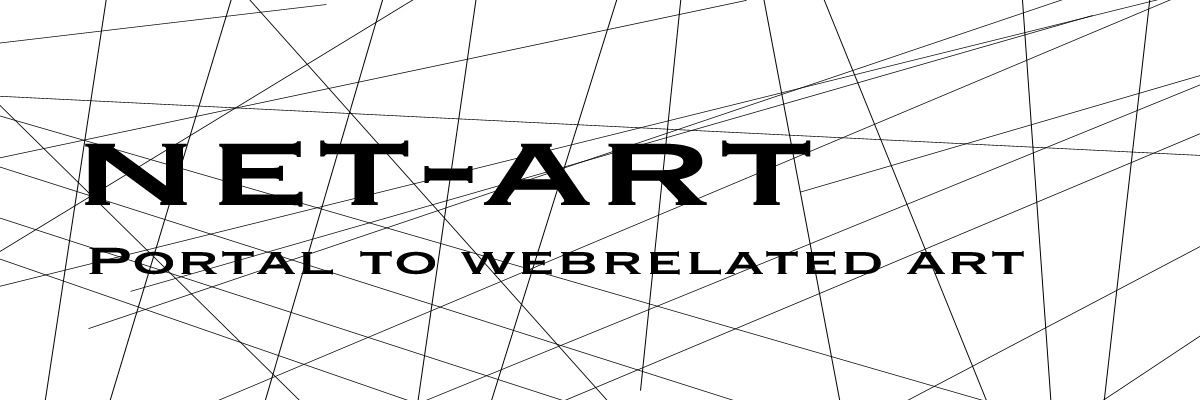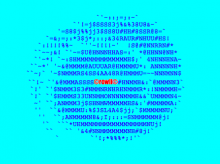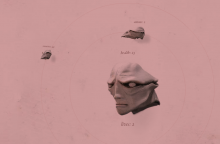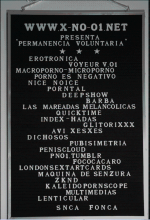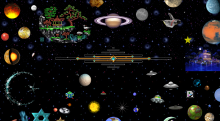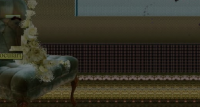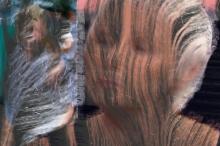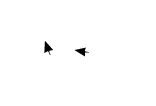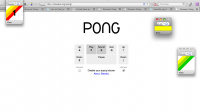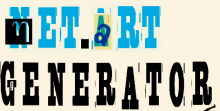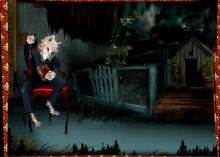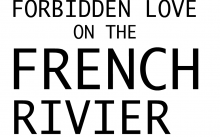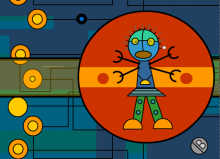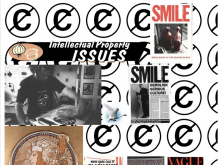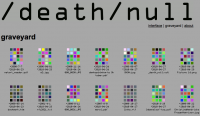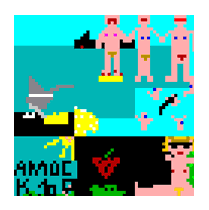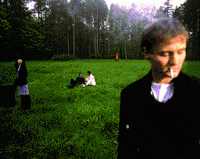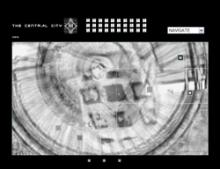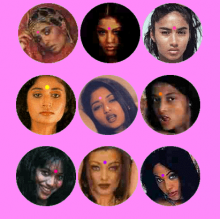The "net-art.org" website is an online-only exhibition of the early (and continuous) history of Internet art. This site provides links to original content to net-art projects and related websites made since the rise of Internet art in de '90 into the mainstream art world. Would you like your work to be featured here? Submit your work here
Mirroring
"Mirrroring.net" is a clickable a series of outdated animations, already outdated functions and aesthetics of the "early" Internet circa 2000.<
Expunction: memory is there to deceive.
Expunction: memory is there to deceive. Expunction is a project by mobile Internet communicator Igor Štromajer.
Lotus Blossom
This is one of the works of the Webby Award winner Young-Hae Chang.
Launch project
Poietic Generator
Poietic Generator a Contemplative Social Network Experiment, since 1986.
